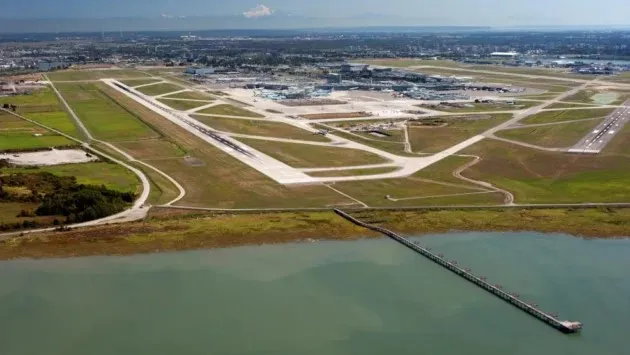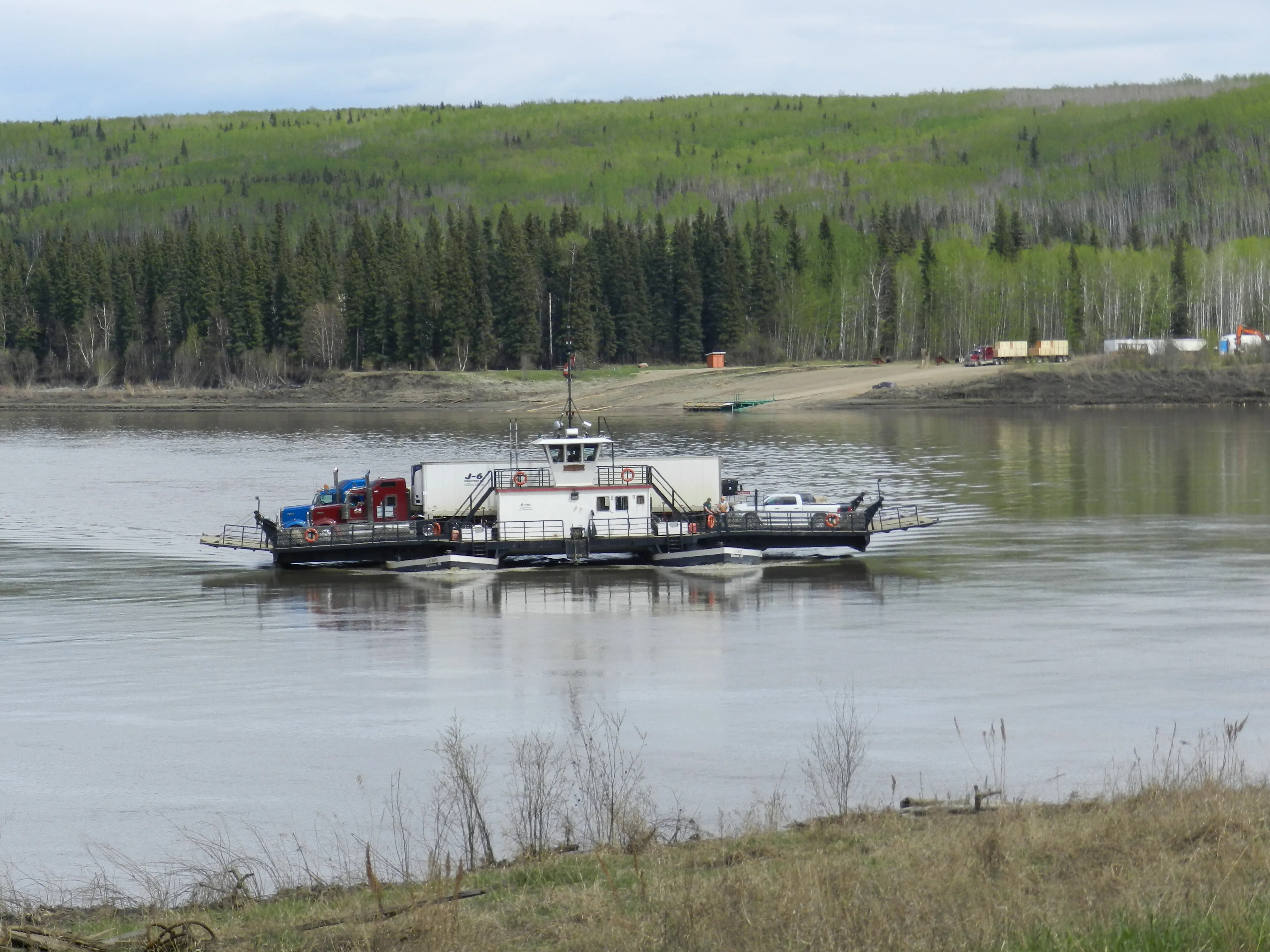
Lafarge Canada, a member of the Holcim Group, has been selected as the paving subcontractor for Vancouver International Airport’s North Runway Modernisation Programme.
Originally opened in 1996, the North Runway will receive a series of upgrades to enhance operational resiliency. The deal, estimated at around US$93 million, will upgrade the runway and improve drainage and electrical systems.
Vancouver Airport announced last October that it had chosen Kiewit to deliver paving and construction services. According to the airport administration, the 9941 foot North runway handles around 370 aircraft movements daily during peak times. The runway and connecting taxiways have around 230mm of asphalt overlay. Asphalt trucks will be timed to ensure optimal flow and noise management, meaning trucks will not come all at once or in close sequence, noted the airport administration.
Meanwhile, Tristar Electric will deliver lighting and electrical works. Around 1,500 LED lights will need to be raised during construction to match the new runway height.
DeltaTec, a Musqueam-owned and -operated business, was selected as a subcontractor to Tristar. Musqueam is one of Canada’s First Nation groups - original people of the land now known as Canada - whose traditional territory encompasses the western half of what is now Greater Vancouver, in the province of British Columbia.
Lafarge Canada, working in collaboration with Kiewit, will provide high-performance asphalt solutions that will resist heavy aircraft loads and diverse weather conditions. The North Runway Programme involves a full asphalt overlay of the runway and connecting taxiways, with construction scheduled to begin in the this spring and ending in the autumn. Work is planned to coincide with night time runway closures from 10pm to 7am in order to minimise disruptions to flights.
Lafarge Canada said it will use Environmental Product Declarations for all asphalt mixes - the first time Lafarge has implemented this in Canada. The declarations provide transparent verified data on the environmental impacts of the materials used.
"Lafarge is setting a benchmark in sustainability and durability by delivering infrastructure that not only meets the rigorous performance requirements of a world-class airport but also minimises its environmental impact,” said Lincoln Kyne, Lafarge Canada’s senior vice president for the Canadian province of British Columbia as well as the US Pacific Northwest region.
Additionally, to further reduce the project’s carbon footprint, Lafarge said it will use 10,000 tonnes of asphalt containing 30 percent recycled content for the runway shoulders. This will be done alongside energy-efficient production techniques and advanced asphalt formulations.








